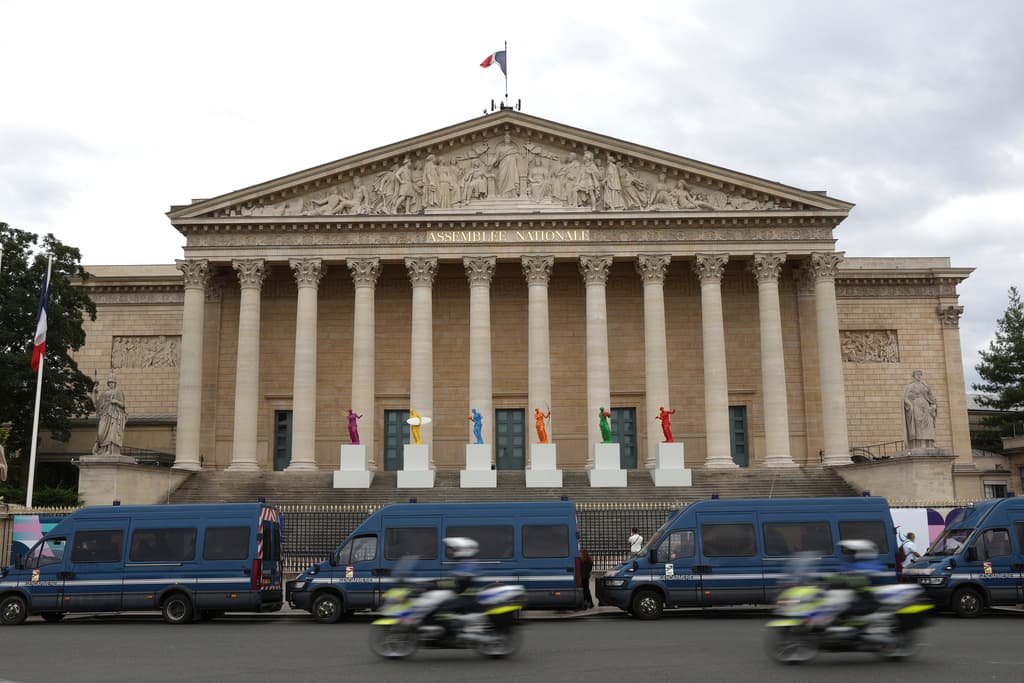Who won – and who will rule?
The parliamentary election in France will be followed by compromise or crisis. A surprising result raises several questions.
Who won the election?
Three large blocks emerged, but none of them became large enough to rule on their own. This creates an unusual situation in French politics that will require compromises.
The broad left-wing alliance New People's Front (NFP) became the largest, despite many having predicted a continued advance for the far-right.
The far-right party National Rally (RN) received the most votes in the country as a whole, but failed to become the largest in as many individual constituencies as NFP or President Emmanuel Macron's middle alliance Together.
.
Who will form the government?
Formally, it is up to the president, but according to practice, the task should be given to the largest group in the National Assembly.
The starting point should also be that the government builder has the opportunity to gather support from a majority of members, or at least be tolerable enough that they do not want to join forces to overthrow them.
The large left-wing alliance needs to seek cooperation of some kind, preferably with Macron's middle alliance. But there, leading voices say that cooperation with radicals like Unsubmissive France (LFI) is not an option. Instead, hopes are expressed for broad coalitions without extremist parties.
The newspaper Le Monde sees two other possible scenarios. In one, several party groups come together in a grand coalition under the premise that it is a kind of national government, a necessary evil. In the other, President Macron takes the initiative to form a government with technocrats who will balance the interests of the National Assembly.
.
Who leads the election winners?
NFP, unlike the other blocks, did not go to the election with a candidate for the prime minister's post.
The fragmented left-wing alliance will compromise on such a person this week, but it is still unclear how.
Its largest party, Unsubmissive France (LFI), is led by the outspoken Jean-Luc Mélenchon, but the 72-year-old is a red rag to many opponents.
There, the more moderate Socialist Party (PS), traditionally the largest party on the left, appears more willing to lean towards the middle for compromise.
.
If it doesn't work out then?
Emmanuel Macron has asked his Prime Minister Gabriel Attal to stay on for the time being. There is no formal deadline for the government negotiations, but the new National Assembly will take office on July 18 and could easily overthrow Attal and the government.
A new election is not an option as it must be at least a year between them.






